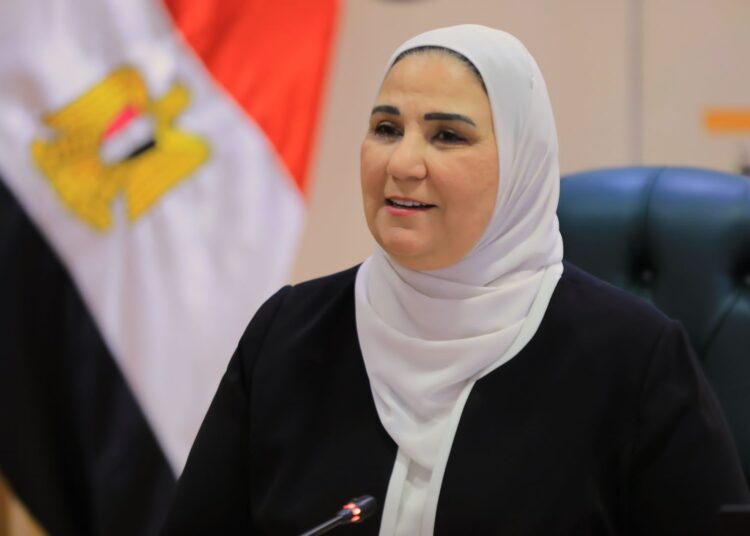Egypt is hosting the Second Ministerial Conference on Social Development in the OIC member states, which is scheduled to witness the launch of its activities in Cairo under the auspices of the President Abdel Fattah El Sisi, and chaired by the Minister of Social Solidarity and the President of the Second Ministerial Conference during the month of June.
The Minister of Social Solidarity, Nevine el-Kabbaj, is following up the executive preparations to host the conference, which is organized by the Ministry of Social Solidarity in co-operation with the Organization of Islamic Co-operation, OIC, under the theme: “Social Justice and Social Security”
Over the course of two days, the conference will discuss the report of the Secretary-General of the Organization of Islamic Co-operation and the Executive Director of ISESCO on the implementation of decisions on issues pertinent to childhood, the institution of marriage and the family, the elderly, people with special needs and people with disabilities, as well as a review of the efforts of the organs and institutions of the Organization of Islamic Cooperation in the field of empowering the institution of marriage, family development, childhood well-being, and issues relating to the elderly, and people with disabilities.
el-Kabbaj stated that the conference is being hosted by Egypt for the first time, and is considered a global dialogue for the OIC countries on comprehensive development issues, especially since the OIC is the collective voice of the Muslim world and aims to safeguard and protect the interests of the Member States by promoting international peace and harmony among numerous jurisdictions worldwide. The organization was established in 1969.
It is worth noting that the Organisation of Islamic Cooperation (OIC) is the second-largest intergovernmental organization after the United Nations with a membership of 57 states. It is the collective voice of the Muslim world.
The OIC formulated a program for the next decade spanning 2016-2025, as the new work program is based on the provisions of the OIC Charter, which includes 18 priority areas and 107 goals.






Discussion about this post